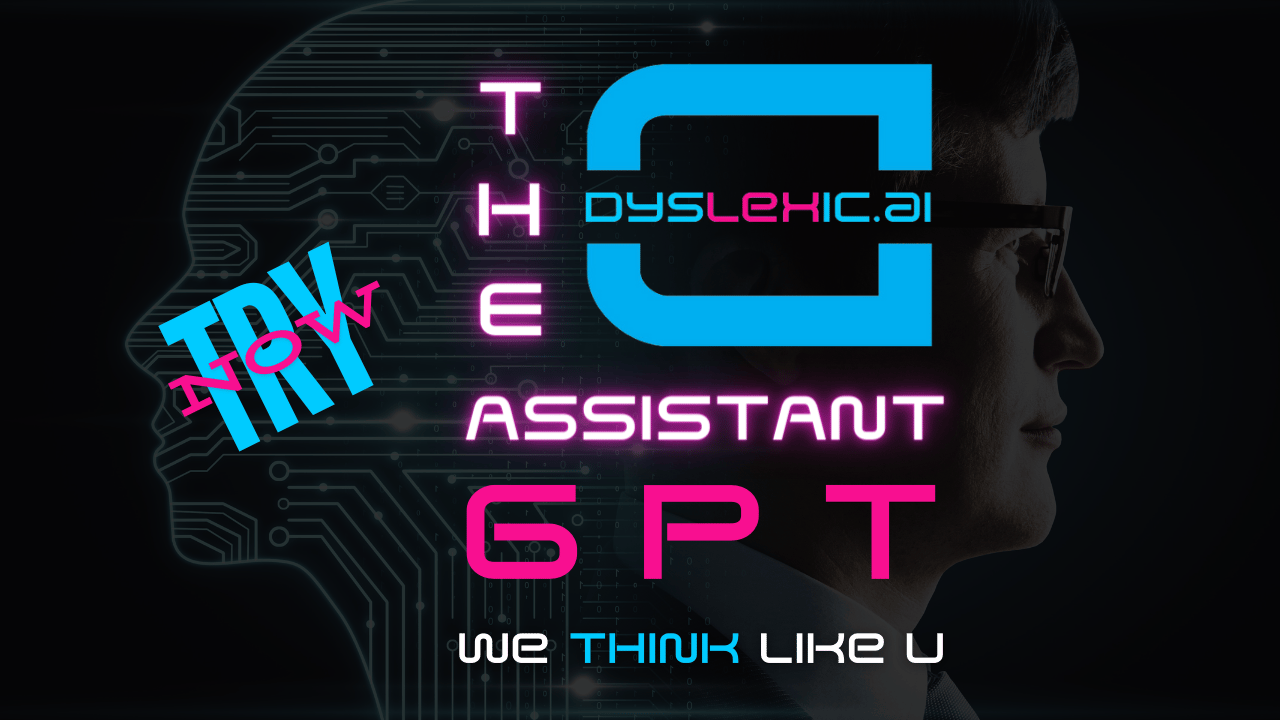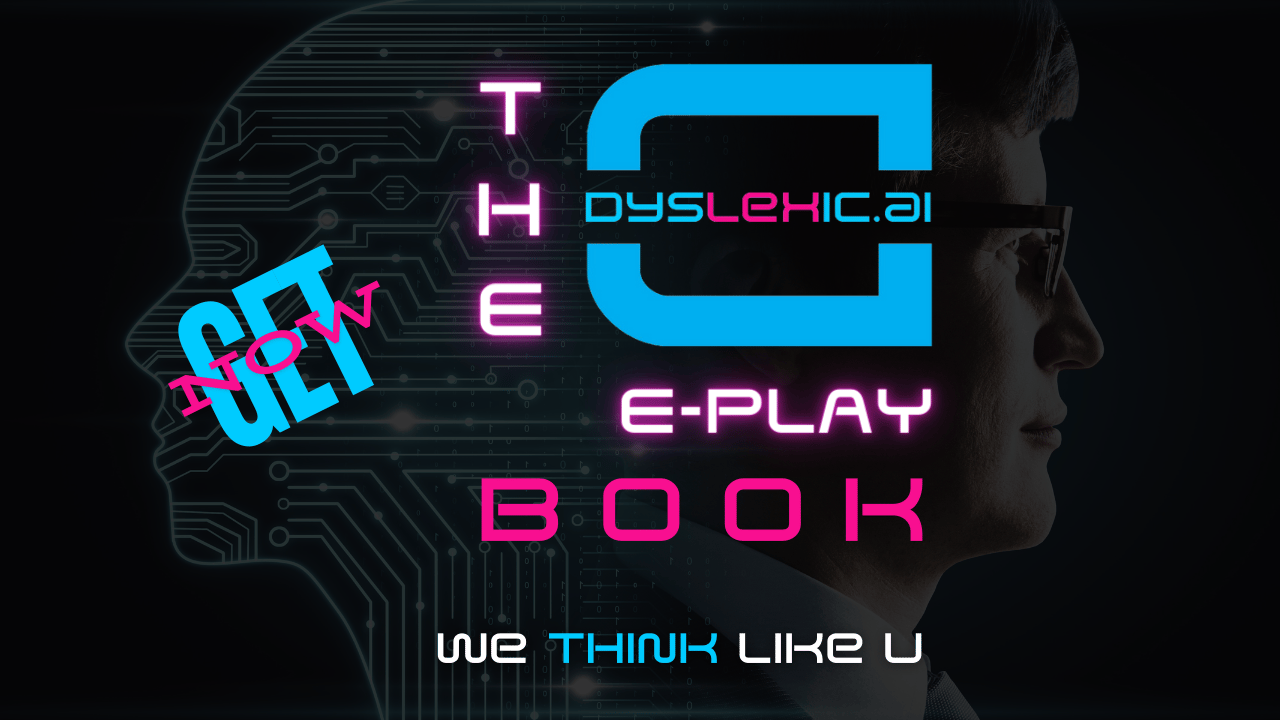- DYSLEXIC AI
- Posts
- Newsletter 230: How AI is Transforming Classroom Creativity
Newsletter 230: How AI is Transforming Classroom Creativity
🧠 Teachers Embrace AI to Support Diverse Learning Needs


Welcome to another edition of the Dyslexic AI Newsletter!
Today, we're diving into some exciting new findings from the Walton Family Foundation, which highlight the growing belief among teachers that AI can significantly boost creativity and support learning in the classroom.
Let's explore how these insights can benefit neurodivergent thinkers and enhance educational experiences.
AI: A Catalyst for Creativity in Education
According to the Walton Family Foundation's recent survey, many teachers are optimistic about the potential of AI in education. They believe AI can:
Enhance Creative Learning
AI tools can provide personalized learning experiences, allowing students to explore subjects in ways that resonate with their unique thinking styles.
For dyslexic and neurodivergent students, this means more engaging and effective learning pathways.
Support Diverse Learning Needs
By offering tailored support and resources, AI can help address the varied needs of students, ensuring that everyone has the opportunity to succeed.
This is particularly beneficial for neurodivergent students who may require different approaches to learning.
Foster Innovation
AI-driven tools can inspire teachers and students to experiment with new methods and ideas, fostering a more innovative and dynamic classroom environment.
Key Findings from the Survey
Widespread Usage
More than 60% of teachers surveyed have used ChatGPT to benefit student learning, and of those, 84% reported positive impacts in their classrooms.
Increased Adoption
The percentage of teachers using ChatGPT rose from 50% to 63% over just a few months, indicating a rapid adoption rate
Positive Perceptions
75% of students believe ChatGPT can help them learn faster, and 73% of teachers agree with this sentiment.
Additionally, 91% of teachers and 87% of students think technology is crucial for getting students back on track from recent academic losses
Future Significance
71% of teachers and 65% of students believe ChatGPT will be essential for future success in college and the workplace
Implications for Neurodivergent Thinkers
For neurodivergent individuals, integrating AI in education is a significant step forward. Here’s why:
Personalized Learning
AI can adapt to each student's learning pace and style, making education more accessible and less frustrating for those who think differently.
Enhanced Engagement
Interactive AI tools can make learning more engaging, helping to maintain the interest and motivation of neurodivergent students.
Skill Development
AI can assist in developing critical skills such as problem-solving, critical thinking, and creativity, which are essential for success in the modern world.
As we continue to explore the intersection of AI and education, it’s clear that these technologies hold immense promise for creating more inclusive and effective learning environments.
Stay tuned for more insights and updates on how AI can support neurodivergent thinkers in our future newsletters.
We Think Like You.
Matt Ivey
Founder, Dyslexic.AI

AI is a powerful tool for enhancing creativity and learning in the classroom.
Teachers are optimistic about AI’s potential to support diverse learning needs.
Neurodivergent students stand to benefit greatly from personalized and engaging AI-driven educational tools.
Training is needed to maximize the benefits of AI in education, as only 25% of teachers have received professional development on using AI tools
What did you think about today's edition? |
What should the next deep dive be about? |
|
|
|






Reply